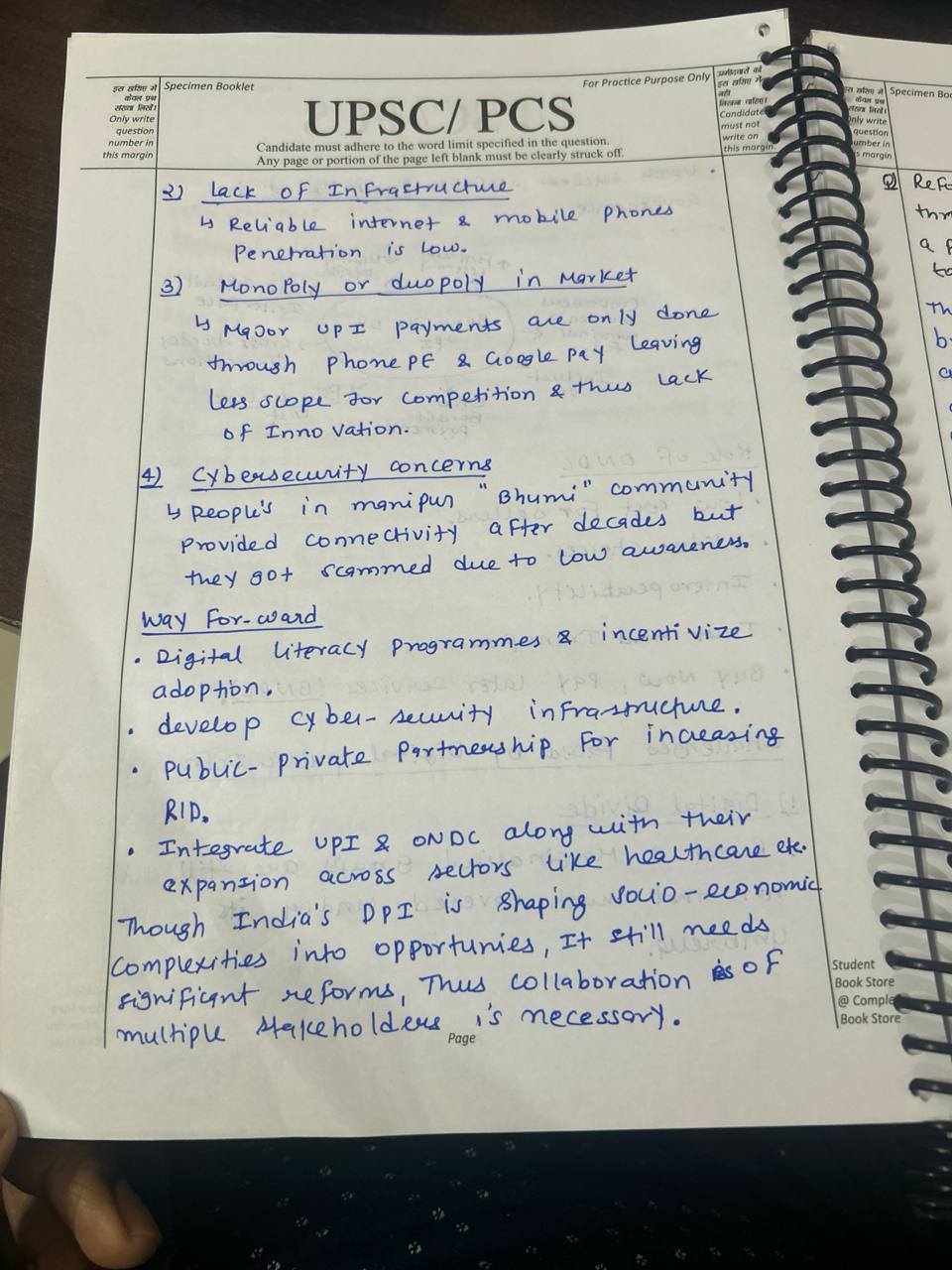Transparent data practices, where users understand how their information is collected and used, are crucial in today's data-driven world. However, implementing them ethically presents several challenges: Balancing Transparency with Privacy: Data Security: Increased transparency can expose data, makiRead more
Transparent data practices, where users understand how their information is collected and used, are crucial in today’s data-driven world. However, implementing them ethically presents several challenges:
Balancing Transparency with Privacy:
- Data Security: Increased transparency can expose data, making it vulnerable to breaches. Striking a balance between openness and strong security measures is vital. Anonymization techniques can help protect sensitive information while still providing insights.
- Privacy Creep: Even anonymized data can be re-identified if enough details are revealed. Organizations need clear boundaries on what data is made transparent and how it’s presented.
User Comprehension and Control:
- Complexity of Data Practices: Privacy policies and data collection methods can be technical and convoluted. Simplifying this information for users to understand their choices becomes crucial. Visualizations and clear language can help.
- Meaningful Consent: Just presenting a checkbox for consent isn’t enough. Users need to understand what they’re consenting to and have clear options to opt-out or control how their data is used.
Algorithmic Bias and Fairness:
- Bias in Data: Algorithms can perpetuate biases present in the data they’re trained on. Transparent data practices need to acknowledge this potential bias and explain how it’s being mitigated.
- Explainable AI: Many algorithms are complex “black boxes” where the decision-making process is opaque. Developing explainable AI that allows users to understand how their data is being used in algorithms is essential for fairness.
Additional Challenges:
- Cost and Resources: Implementing transparent data practices requires investment in technology, training, and personnel. This can be a burden for smaller organizations.
- Standardization: A lack of global standards for data transparency can make it difficult for users to compare practices across different companies and countries.
Conclusion:
Transparent data practices are a worthy goal, but ethical considerations require careful navigation. By addressing these challenges, organizations can build trust with users and ensure responsible data collection and utilization.




Reforming the political party system in India is pivotal for establishing an effective governance structure. Political parties are the backbone of democratic governance, responsible for representing diverse societal interests, formulating policies, and ensuring accountability. However, the current sRead more
Reforming the political party system in India is pivotal for establishing an effective governance structure. Political parties are the backbone of democratic governance, responsible for representing diverse societal interests, formulating policies, and ensuring accountability. However, the current system faces challenges such as lack of internal democracy, criminalization, and opaque funding.
Reforming these aspects can significantly enhance governance. Promoting internal democracy within parties ensures leadership and candidacy are based on merit and democratic principles, fostering capable and ethical leadership. Decriminalizing politics by disqualifying candidates with serious criminal charges can enhance the integrity of public offices and reduce corruption.
Transparency in political funding is crucial to curb the undue influence of money in politics, ensuring policies are shaped by public interest rather than vested interests. Implementing stringent regulations on political donations and enhancing disclosure norms can facilitate this transparency.
However, these reforms face resistance from within the political establishment, which benefits from the status quo. Moreover, the success of these reforms depends on effective implementation and continuous monitoring by independent institutions and civil society.
In conclusion, while reforming the political party system is not a panacea, it is a fundamental step towards a more accountable, transparent, and efficient governance structure in India. It requires sustained political will, robust legal frameworks, and active civic engagement.
See less